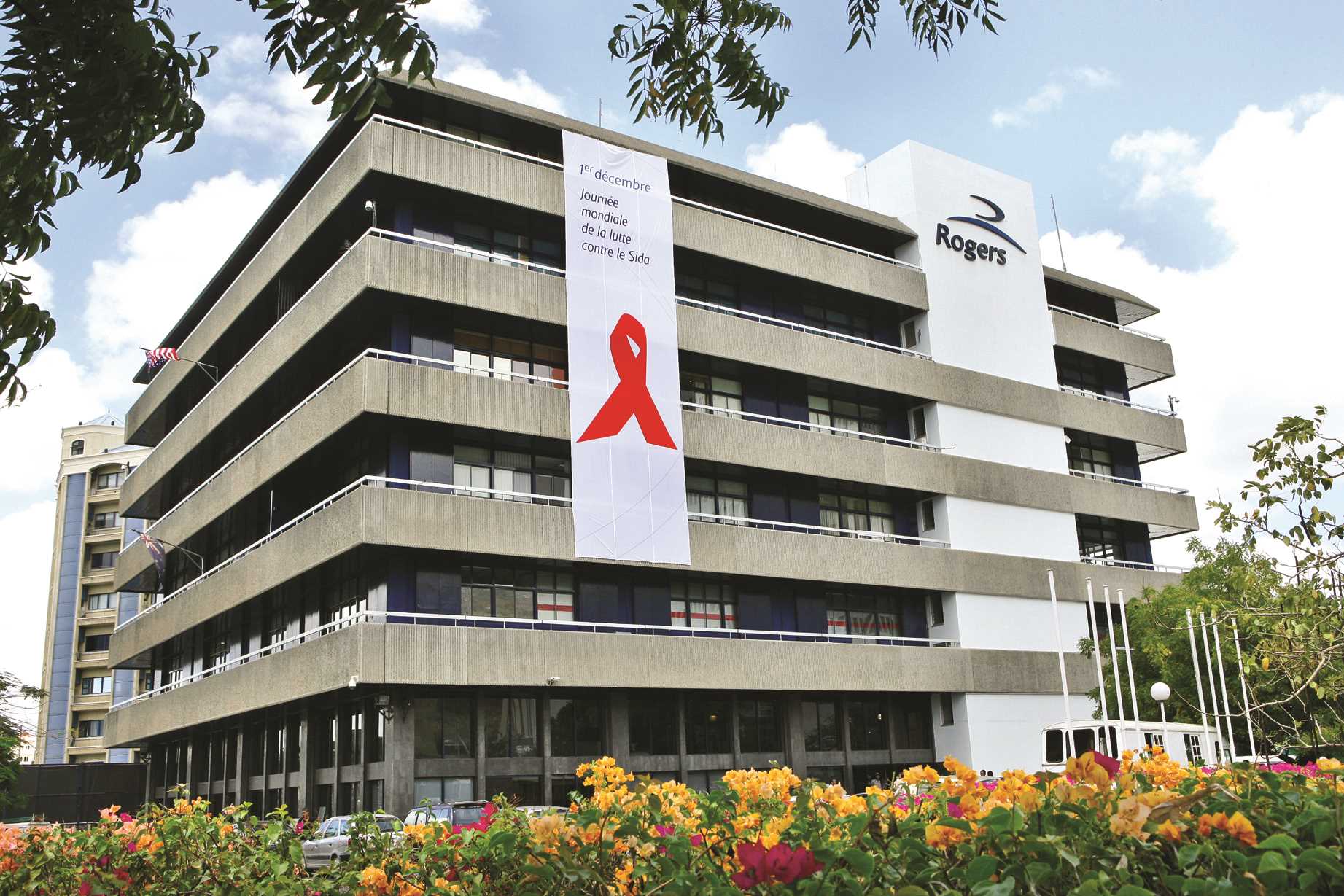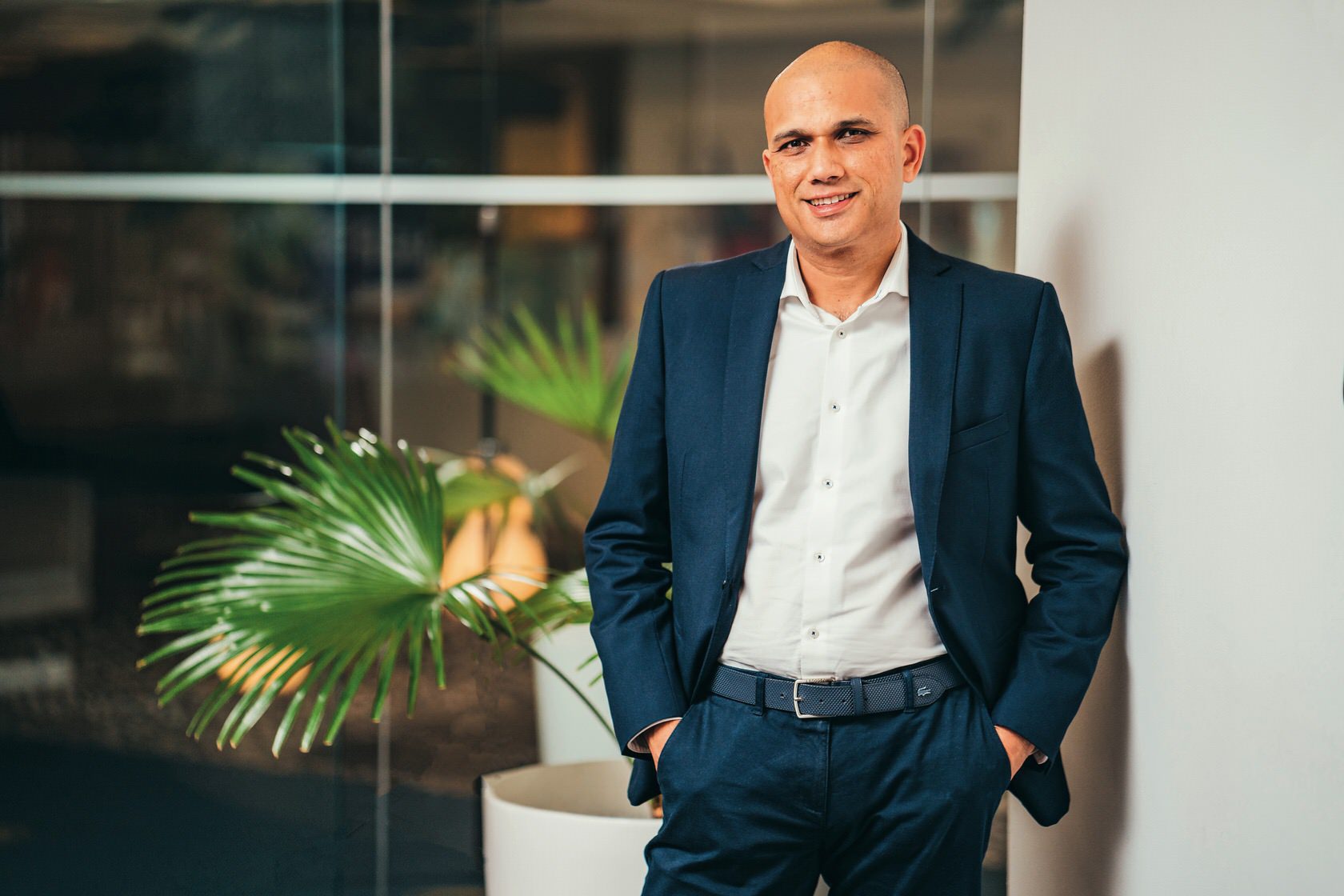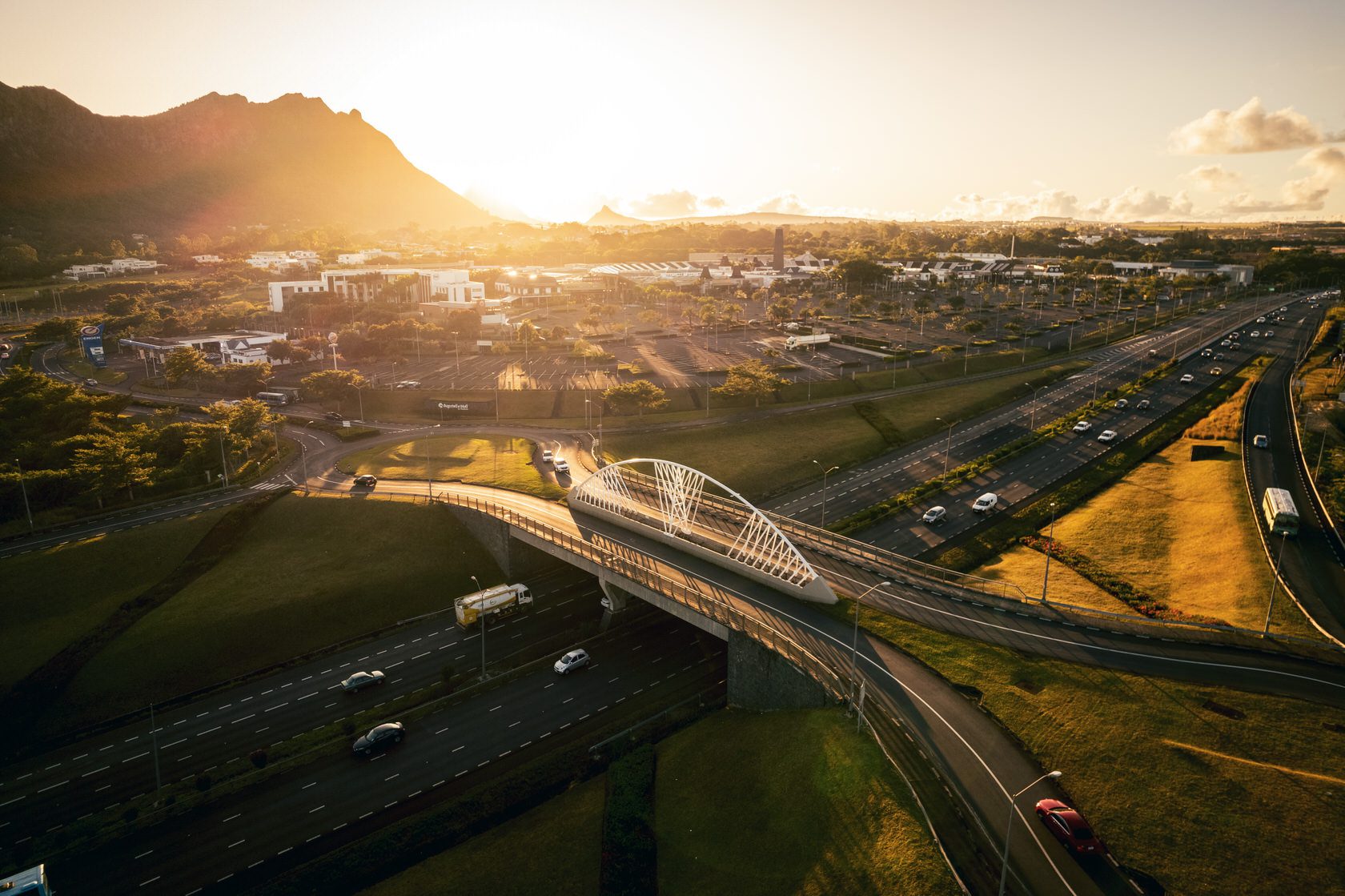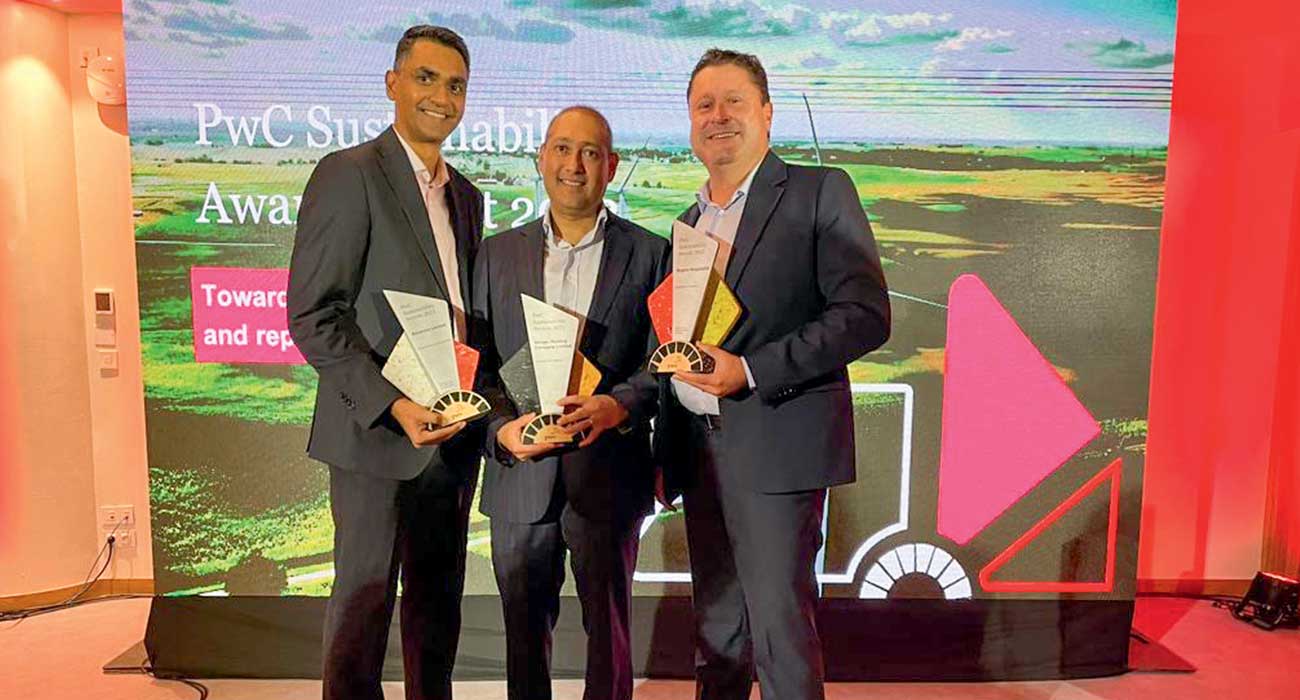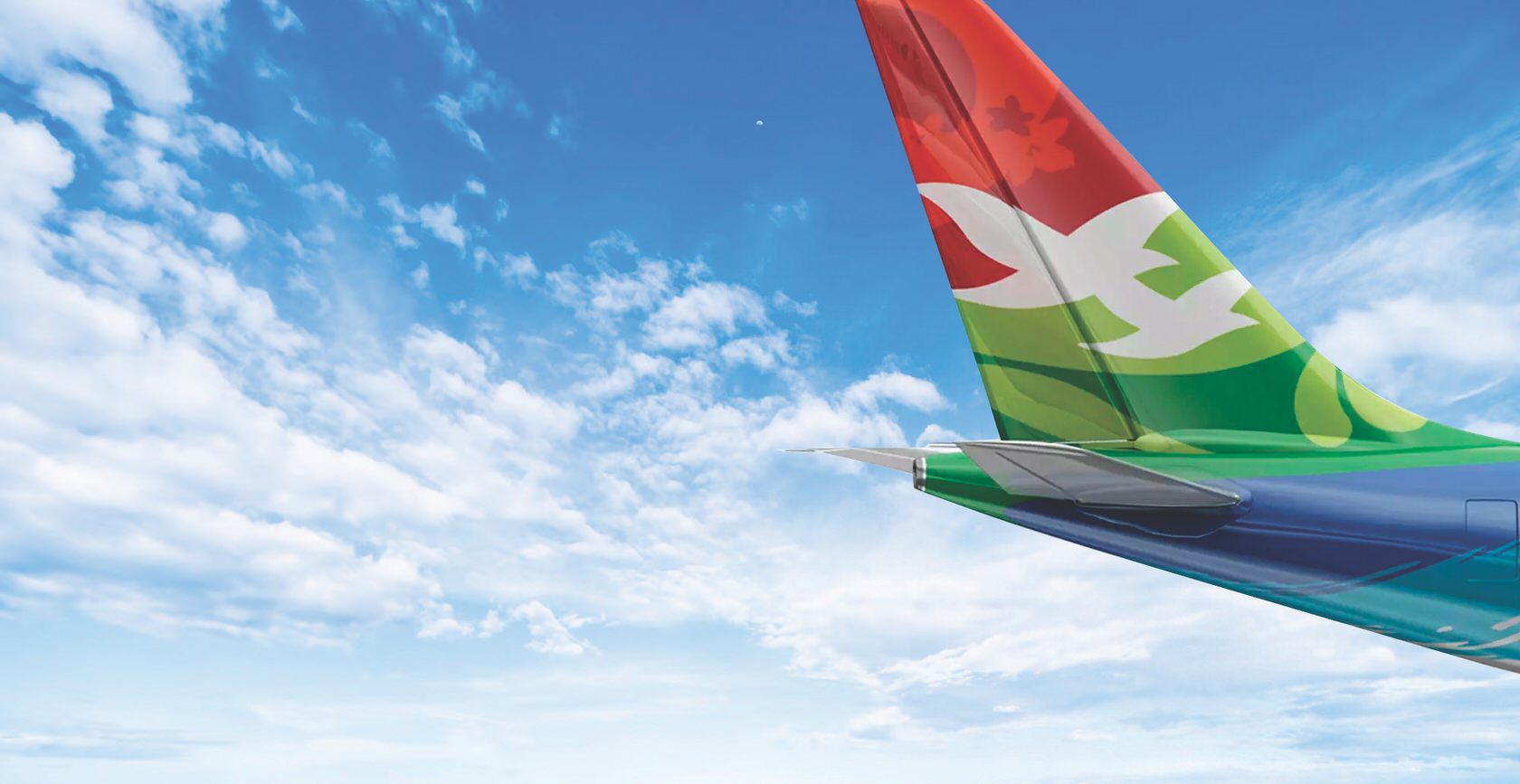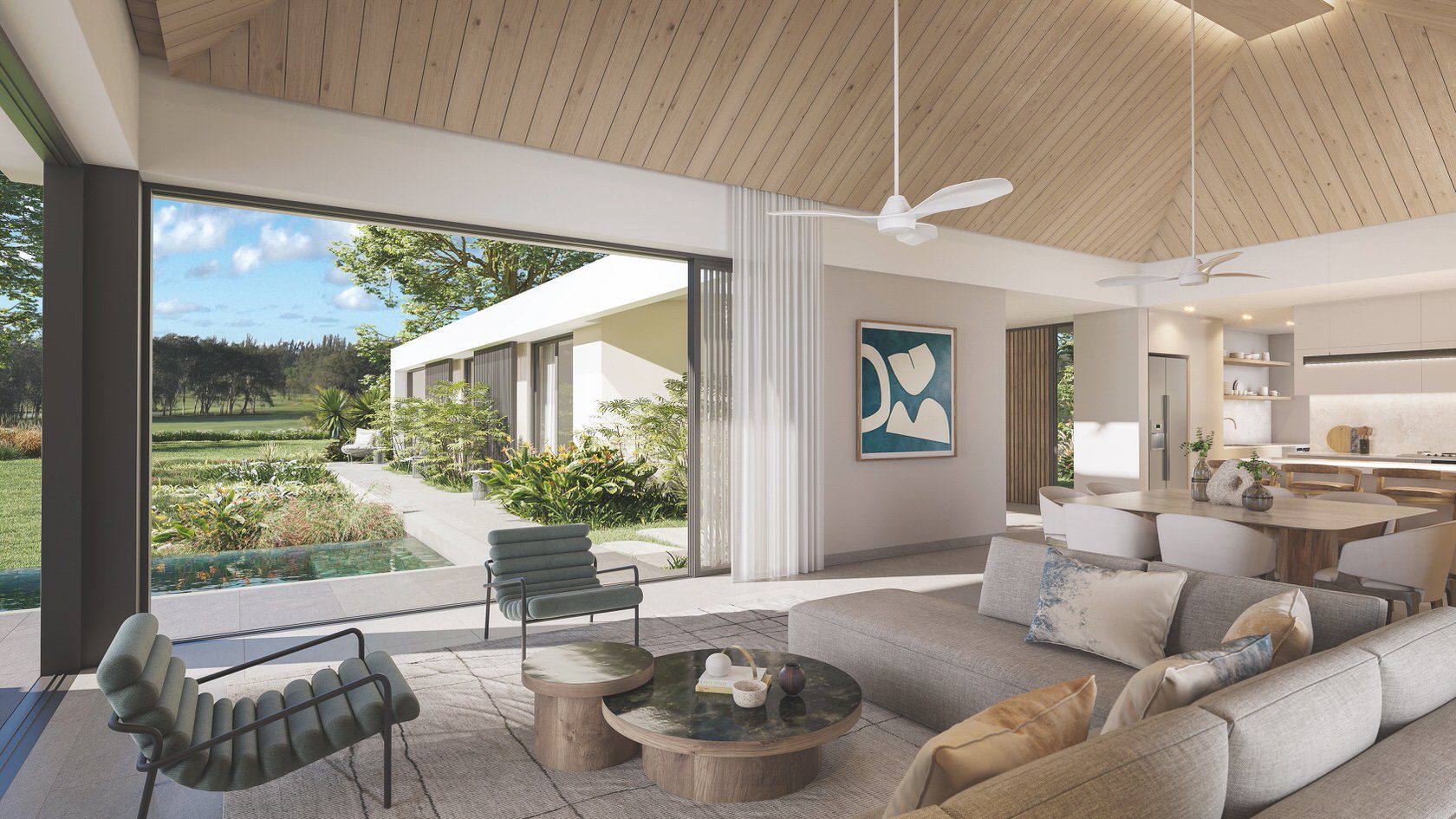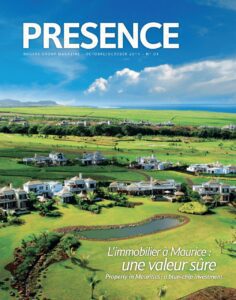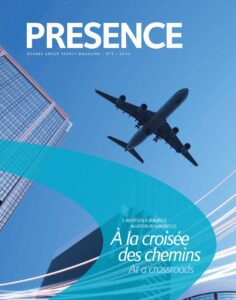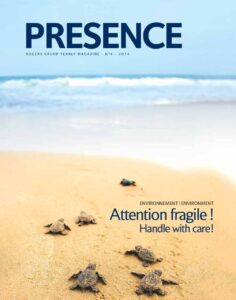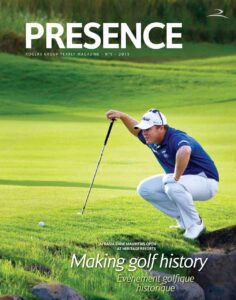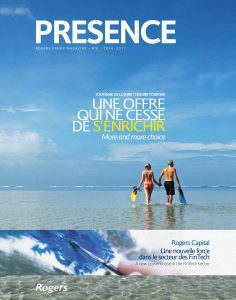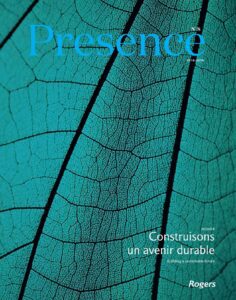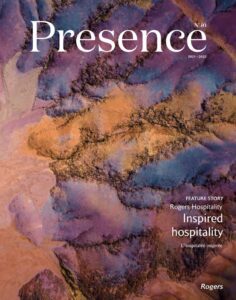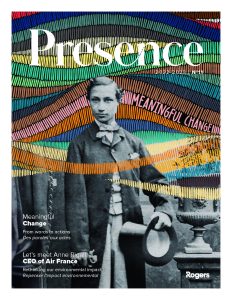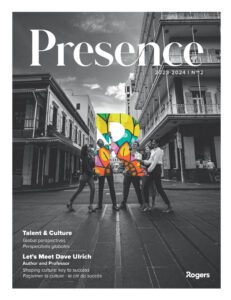photos : rogers image bank
However valuable it is, economic development is not a panacea for all the problems of society. If we aren’t careful, it can have a detrimental impact both on the working and the natural environment, and across the board. Conscious of what is at stake, the Rogers Group has acted in ways that have been appreciated by NGOs, encouraged by the State and recognised by international organisations.
“God,” as Mark Twain is quoted as saying, “first created Mauritius and was inspired by it to build Paradise”. The international organisations that assess human and economic development are almost as eulogistic, reckoning that this small, Indian Ocean country has been one of the most successful in Africa, indeed in the Southern Hemisphere.
A little more than forty years after gaining independence, the former British (and earlier French) colony is now considered a developing country, not far behind the Asian tigers. However, pockets of poverty remain, and some of its corollaries such as failed schooling and illiteracy, unemployment and prostitution and drug use and trafficking, as well as the exposure of socially vulnerable groups to serious health problems.
To reduce such personal sufferings which result in problems throughout society, the authorities have sought to involve the private sector in their endeavours to assist vulnerable sections of the community.
Legislation was introduced in 2010 to provide for Corporate Social Responsibility (CSR). All companies, large or small, have to donate 2% of their profits before tax to approved corporate programmes, NGOs or national programmes, with the aim of assisting projects mainly in the fields of health, education and training, leisure and sport, the environment and catastrophic interventions & support. If a company does not finance projects directly, the sums are directed towards the national programme, which disburses the funds to finance registered projects.
Before this measure was introduced, Management at Rogers had already become involved in providing funding and people support to organisations working in such sectors, not only for projects targeting people or the environment immediately around where Group companies are located, but also nationwide, and not only in Mauritius but also in Rodrigues and Agalega. Indeed, in what it does, the firm has been held up as an example to follow. Amongst the many projects the Group supports, the majority focus on HIV/AIDS prevention.
Recognised as exemplary
Having established a reputation for innovation, the Rogers’ team responsible for social responsibility programmes has become involved at the highest levels in the system set up by the Global Fund to fight AIDS, Tuberculosis and Malaria. (1)
“In most of the places where the Global Fund has set up a national co-ordinating body, private sector representatives have tended to ask the authorities to try and help them meet NGO expectations. Things are different in Mauritius,” one of the Global funds’ officers in Africa tells us. “NGOs and companies approach the government together to ask it to introduce co-ordinated health programmes”.
In the forefront of preventive healthcare in the islands of Mauritius and Rodrigues (see below, A Sentimental Affair), the Rogers Group and its subsidiaries also run a different kind of social responsibility programme in the South of Mauritius. The integrated nature of this programme is considered exemplary.
Activities are led by the Bel Ombre Foundation for Empowerment (BOFE). Since 2008, the Foundation has been deeply involved with the inhabitants of a region which is home to the largest collection of luxury hotels and villas in the country. The 14-strong team at the BOFE works in three sectors. Firstly there is Education, involving several programmes aimed at those who need educational and education-related support, for example with illiteracy. Then there is employability, especially of women who now have unprecedented opportunities as a result of the services provided to new villa residents. Lastly, and more generally, the BOFE leads or supports social integration projects aimed at enabling as many people as possible to benefit from recent economic developments. The results speak for themselves – the programmes have reached some 450 families in villages close to where the Group has operations. The scale of these achievements has shown the value of an integrated approach to community development.
In a more specialised but equally useful sector, the Group’s hotel division finances work of Reef Conservation, an NGO aiming for the conservation and restoration of the Mauritian marine environment. It focuses on raising public awareness of what is at stake, an essential element in producing long-term changes in behaviour. This activity takes the form of a year-round environmental club, alternating theory with practical workshops, which has used education and fun activities to make children aware of what is involved in protecting marine and lagoon biodiversity. In two years of intense activity, the NGO has thus trained 2,900 children as well as 240 teachers. The Group’s first project consisted of installing a mooring buoy in the North Lagoon, where there is a lot of leisure activity going on. The mooring buoys that Reef Conservation has developed aim at the long-term protection of corals and are installed with a strict respect for the ocean bed. They enable boats to moor without using anchors, which destroy corals when they hit then or attach themselves to them.
Veranda Resorts’ hotels believe firmly in placing training at the heart of lagoon protection measures and in the creation of a coastal tourism industry that respects the environment and is thus sustainable. They have therefore supported the creation of a centre for the professional training of guides involved in marine eco-tourism. It is aimed particularly at those living in coastal villages, providing them with another gateway into the tourism sector. The resulting qualification is recognised nationally and meets the current needs of tourism industry companies.
It also fits in with the need Mauritius has to strengthen the quality of its sea-based leisure facilities in line with practices that do more to respect the environment. The work will need to go on for some time but it
is indispensable if Mark Twain’s comments are to remain valid.
The Group has had a long and special relationship particularly with Rodrigues, another of the Mauritian islands, situated 350 miles east of the main island and only about six by twelve and a half miles across (see opposite, A Sentimental Affair).
(1) The Global Fund is a unique international partnership between the public and private sectors, whose role is to attract and disperse additional funds for the prevention and treatment of AIDS, tuberculosis and malaria. This partnership between governments, civil society, the private sector and affected communities is part of an international financial initiative dedicated to health. Working closely with other bilateral and multilateral organisations, the Global Fund supports the fight against the three diseases.
Since it was set up in 2002, the Global Fund has become the main source of funding for programmes fighting AIDS, tuberculosis and malaria, and has approved grants totalling US$21.7 billion to 600 programmes in 150 countries. As of now, the programmes supported by the Global Fund are reckoned to have saved 6.5 million lives through by providing medical treatment to 3 million people with AIDS and 7.7 with tuberculosis, as well as having distributed 160 million treated nets to prevent malarial infections.

